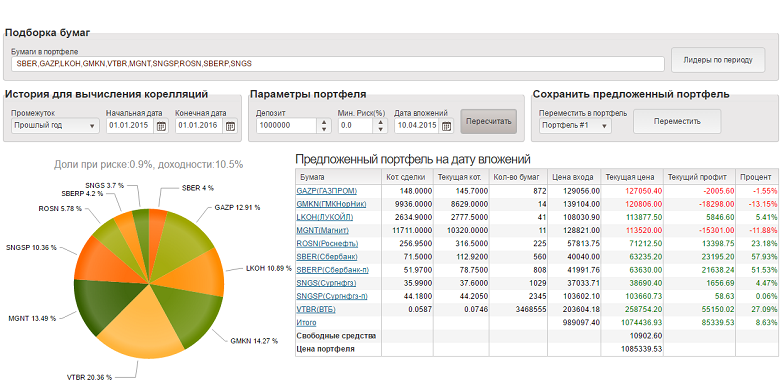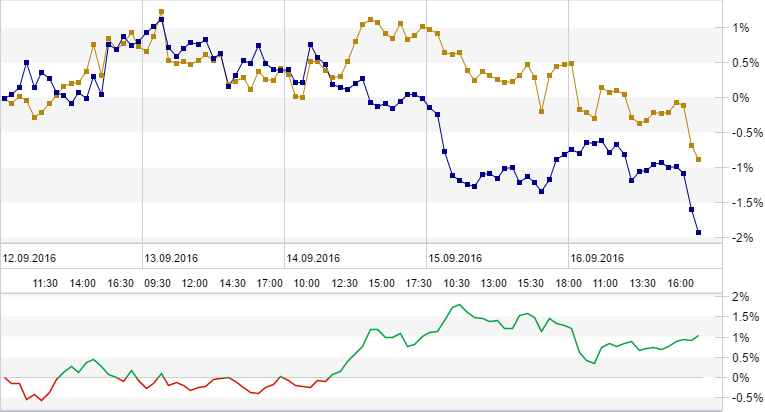 |  |  | |||||||||||
 |
|
||||||||||||
 |  |  | |||||||||||||||
 |
|
||||||||||||||||

Техническая поддержка
ONLINE
 |  |  | |||||||||||||||||
 |
|
||||||||||||||||||
Types of escrow in real estate | Housing | Finance & Capital Markets | Khan Academy
ruticker 02.03.2025 23:23:37 Recognized text from YouScriptor channel Khan Academy
Recognized from a YouTube video by YouScriptor.com, For more details, follow the link Types of escrow in real estate | Housing | Finance & Capital Markets | Khan Academy
The term **escrow**—I mean, that looked funny. The term escrow is used a lot in real estate; it's actually used in a lot of just financial transactions in general. But real estate is the place that most of us will see it most frequently. Even in the context of residential real estate, it tends to be used in two different ways, which can only make it more confusing. Now, one way in which the word **escrow** is used is when you're actually buying the house. So, what happens is you make an offer on the house. Let's say that the seller accepts the offer; then you have an **opening of escrow**. What an escrow is, it's a third-party account managed by a trusted third party. So, this right over here is **escrow**, and it's managed by a trusted third party. What happens is that the buyer—let me do the buyer in another color—the buyer places all of their obligations into escrow. So, it might be the deposit that was part of the offer contract; it could be the actual remainder of the down payment. Usually, the deposit goes towards the down payment. It could be getting the financing. So, let's say this is the **down payment** and the **deposit**. It could be getting actually securing the financing, which would mean the remainder of the house. And the seller fulfills all of their obligations. So, this right over here is the **seller**, and they allow the house to be inspected. Let's say that the house passes inspection. Let's say that the title company is able to do a **title search**, and it's a **clear title**. So then, on the **closing day**—and that day is actually the closing of escrow—you go to the closing day. On the closing day, the third party says, "Okay, everybody has met their obligations. I am going to give the seller the money, and I'm going to give the buyer the house," or we could say the **title** to the house. We go into a lot more depth into this in other videos. So, this is one form of escrow—it's that third party where all of the things from either party are put into place so that you can have closing and then actually transact the house. The money and the house actually change hands. Now, the other way that the word **escrow** is used in residential real estate is a related idea. It still involves having a trusted third party, and that's what this term generally means: using a trusted third party account where the different parties to a transaction can use it to facilitate the transaction itself. The other place you might see this is actually when you are making your **mortgage payments**. So, when we typically talk about mortgage payments, let's say that your monthly mortgage is, for the sake of simplicity, **one thousand dollars**. This is your mortgage payment: **$1,000**. Let's say your very first mortgage payment is going to have some amount of it paying for interest. So, when you start paying, it's going to be mainly interest, and some of it is to pay down **principal**. Then we've seen this a lot of times: the next payment of **$1,000**—if you have a fixed mortgage—more of it is going to be principal and less of it is going to be interest. But when you actually write your check to the bank, you might find out that you're paying more than **$1,000**. You say, "Why am I paying more than **$1,000**?" If you call your bank and ask them that, they say, "Okay, well, you know what? If you're not able to pay this mortgage, this house comes to us. We want to make sure that this house is properly insured, and we want to make sure that the taxes are paid on it." Why do they care that the house is insured? Well, if the house isn't insured and there's a hurricane or tornado that destroys the house, then you might want to walk away from that mortgage. All the bank is going to be left with is a house that was destroyed by a hurricane or tornado. So, they want it to be insured. They also want the taxes to be paid because, once again, if there are a bunch of back taxes, you might just walk away from the house, and then the bank is going to be left paying those back taxes. What the bank might do is say, "Okay, you know what? Your house—I'm just going to fix the numbers so that they work out well for you. You have to pay **$1,200** a year in insurance and **$1,200** a year in property taxes." So that comes to a total of **$2,400** a year. Whoops, that comes to a total of **$2,400** a year. And we could write this for taxes and insurance, and sometimes I'll even shorthand it as **T&I**. So, there's the **$2,400** of taxes and insurance. The way that we're going to make sure that you pay it is that every month you're going to pay one-twelfth of this. So, you're going to pay **$200**. Every month, you're going to pay **$200** for taxes and insurance, and this is going to go into an **escrow account**. So, that **$200** every month goes into an escrow account for taxes and insurance. It goes to an escrow account, and then the escrow account—in this situation, whoever's managing it—will, every time they get a bill for the taxes or insurance, pay it out of the escrow account. Once again, it's kind of a safe third-party account for a stated purpose. In this case, the stated purpose is to pay the insurance and taxes. You want that to go into that account to make sure that the bank just doesn't pocket it, and the bank wants it to go into that account to make sure that there's money around to pay for the insurance and taxes. So, these are the two primary ways that you might encounter the term **escrow**. They both represent the same idea of kind of putting money into an account that can be used for a stated purpose, but they are usually used in two different contexts. Here, this is to facilitate the closing of a house—literally the closing of escrow—to the transaction of the house. This is to make sure that other costs are being paid.
Залогинтесь, что бы оставить свой комментарий












